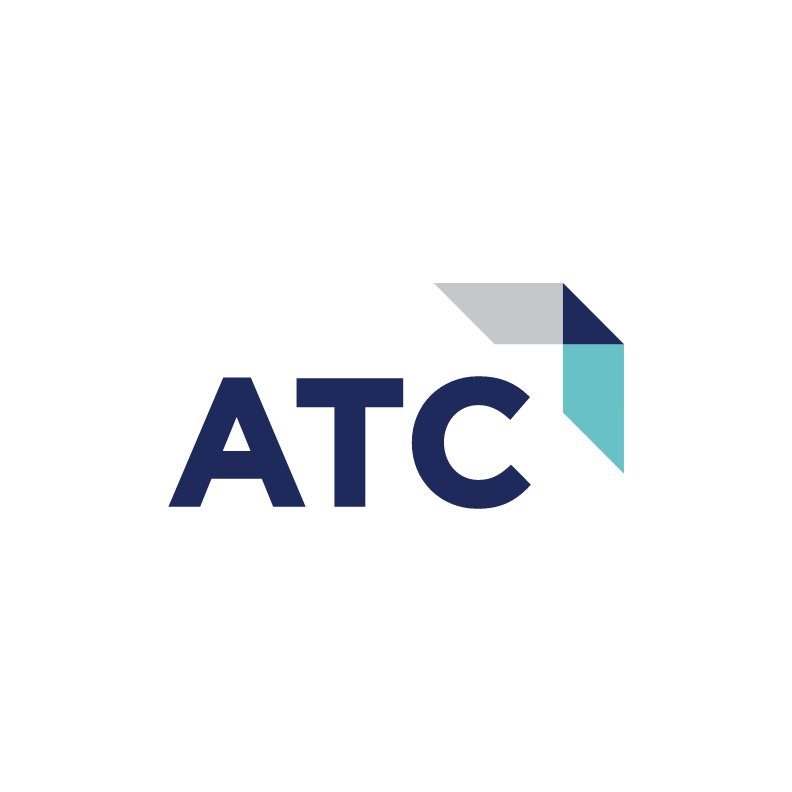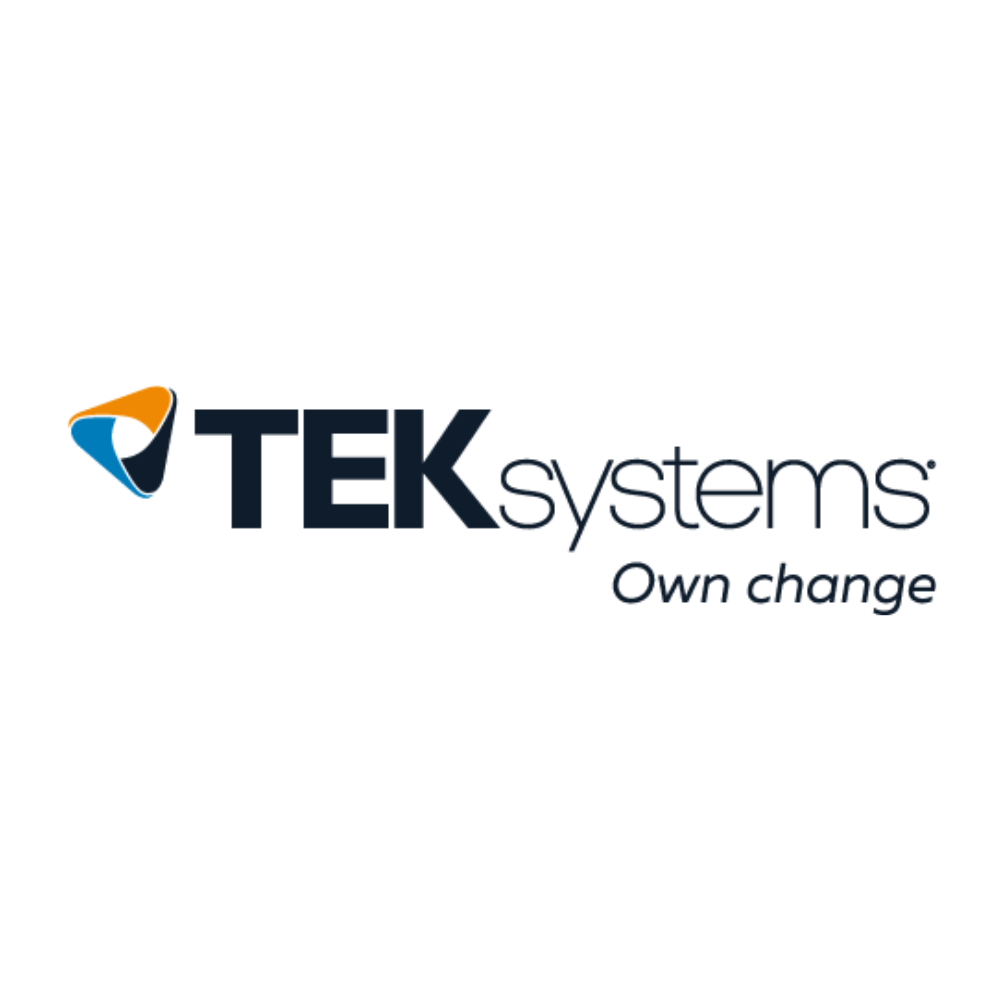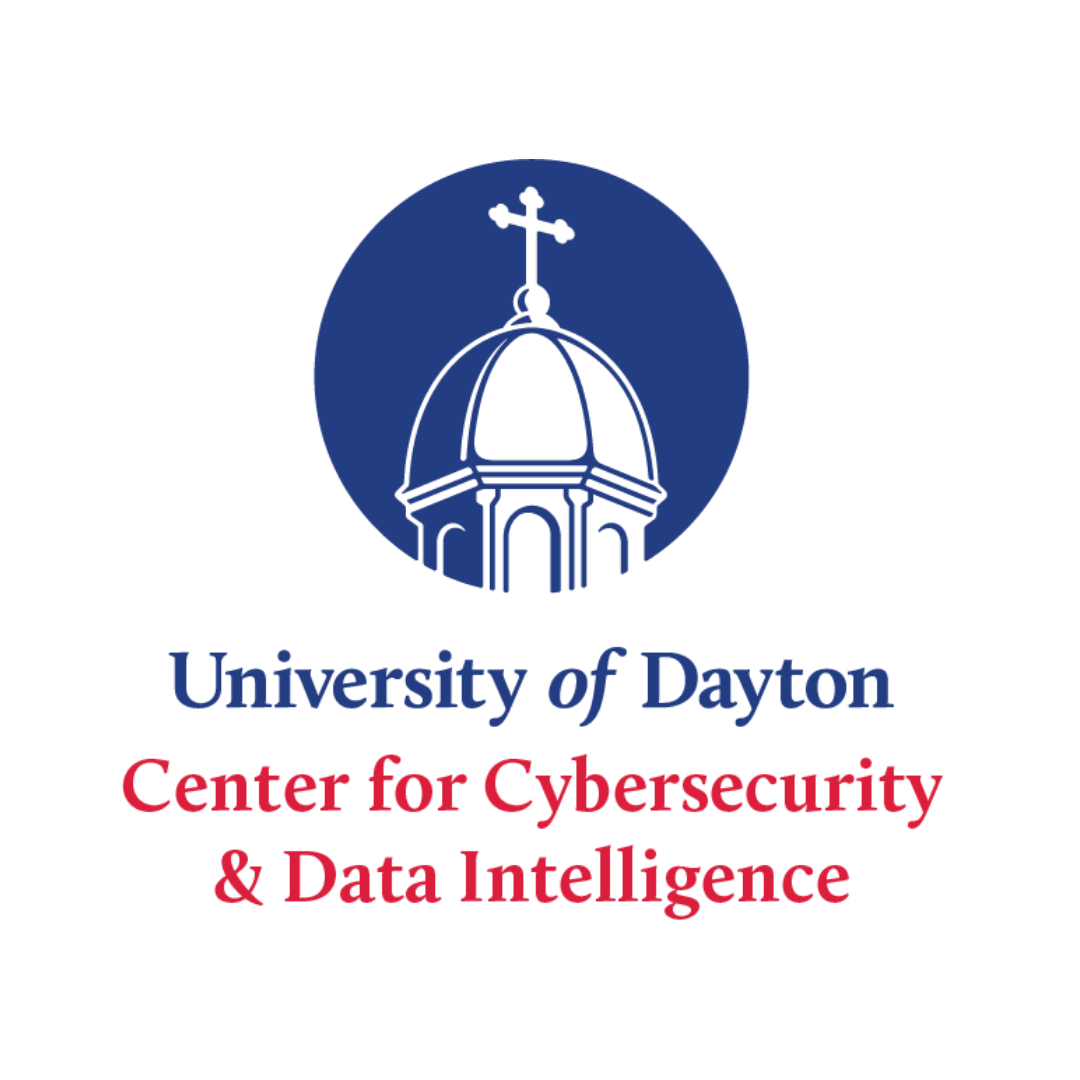Mardi Humphreys, Change Agent, Integration Edge
Why am I, a marketing aficionado, writing about developers? Because their scarcity is about to halt the pace of innovation here in Dayton, Ohio. You know, the birthplace of aviation, the cash register, and the pop-top beverage can? This situation could hurt Dayton’s brand, and that’s where I come in.
So here we are, fully vaccinated and (somewhat) back in the office, but wait…where is everybody? Where did all the developers go? If they aren’t all WFH, (and research suggests that if you want them to work for you, you should let them work from home, but more on that later…) then they are probably being wined and dined by potential employers like Google, IBM, and Apple because good developers are hard to find. They are few, far between, and in demand right now.
In 2019, the average time it took to fill a tech position was 66 days compared to taking 43 days to fill non-tech positions. When COVID-19 sent everyone home in 2020, and multitudes of businesses moved to e-commerce, the demand for developers went up exponentially. Here at the end of Q3 2021, businesses continue to rethink their strategies thanks to the lessons learned from the digital transformation thrust upon them last year. Plus, evidence suggests that there is no going back to the way things were pre-pandemic. Competition for talent is intense. Simply put, there are more open positions than developers to fill them.
Why is there a shortage?
Every employer is now a tech employer: retail, education, finance, healthcare, etc. Reading those industry categories, you can think of at least one name for each of them. Take retail for instance. Kroger not only offers a digital shopping experience, now they are testing drone delivery right in our backyards. Kroger has nearly half a million employees and plenty of them are developers since their digital business doubled in 2020, and they plan to do $20 billion in online sales by 2023.
Lack of skills:The technology is evolving so fast (like Blockchain, Cybersecurity, and AI) and the necessary skills are so specialized (e.g., Chief Nursing Informatics Officer is a real job) that humans can neither learn fast enough, not get experience fast enough, nor interview fast enough to fill open positions.
Lack of credentials:Our colleges and universities are playing catchup in offering the languages and internships necessary to work with the emerging technologies, and employers are looking for those college and university names on resumes. To fill open positions, more employers and job seekers are turning to bootcamps as avenues to quickly upskill workforce.
If you want to be a developer, what should you learn?
There are a few things you should be well versed in to stand out from the competition and attract a lucrative salary. Employers are looking for developers who are experts in Python; followed closely by JavaScript and Go. If you are looking for certification, CompTIA has paths that are widely accepted by employers and offered by local workforce development companies. Python is the most popular language to date and experience with machine learning is quick on its heels because you have to be able to make sense of all of that collected data. Being able to legitimately list Data Science on your resume is a plus. It’s a bit vague since it could mean anything from data analytics to software engineering, but if machine learning is on your resume, data science can be too. If you are not already certified in Amazon AWS, Microsoft Azure, and/or Google Cloud, get certified. Everything is moving that way. It behooves you to be ahead of the wave. If you want to specialize, then experience in Cybersecurity, AI code testing, or IoT (especially as consumers gain access to 5G) will put you in a good position to get the role you want. But please remember, you also need soft skills like emotional intelligence, flexibility, continuous learning, strategic thinking, and habitual process improvement to thrive in a team environment.
If you employ developers, how do you keep and attract talent?
Be flexible: Remember earlier in this article when I said more on WFH later? Well, it’s later. Developers in the market for new positions are in the driver’s seat and plenty of them are driving home. Post-COVID-19, WFH is less of a perk and more of an assumption. Hey, if Microsoft can do it , so can you; particularly as it pertains to where, when, and for how long an employee works for your company. Giving employees options for working in the office, at home, or a combination of both, will help you compete for top talent. And flexibility has a wonderful side effect. It helps you with your DEI goals. Offering remote work attracts mothers, diffuses location bias, and ensures accessibility for the physically challenged.
Communicate: Offer multiple communication channels to promote team bonding. Open a Slack channel for remote workers to discuss what Netflix shows they are currently bingeing as well as separate channels for teams to collaborate on their mutual projects. Smooth onboarding by assigning new hires an ambassador to help them navigate company culture, introduce them to colleagues, and answer questions. In your emails to the entire company, normalize asking for help and promote overcoming challenges together.
Upskilling: Make continuous education for employees an item in the company budget. It should be a perk of working for you. Partner with local higher learning institutions and talk about emerging technologies, what you think you’ll need, and how you’d like to get your pipeline from them. They want to supply you with future employees as well as upskill your current workforce, you want a skilled workforce, and the workforce wants to, well, work. It’s a win-win-win that keeps everyone in the Tech Community in business.














.png)


